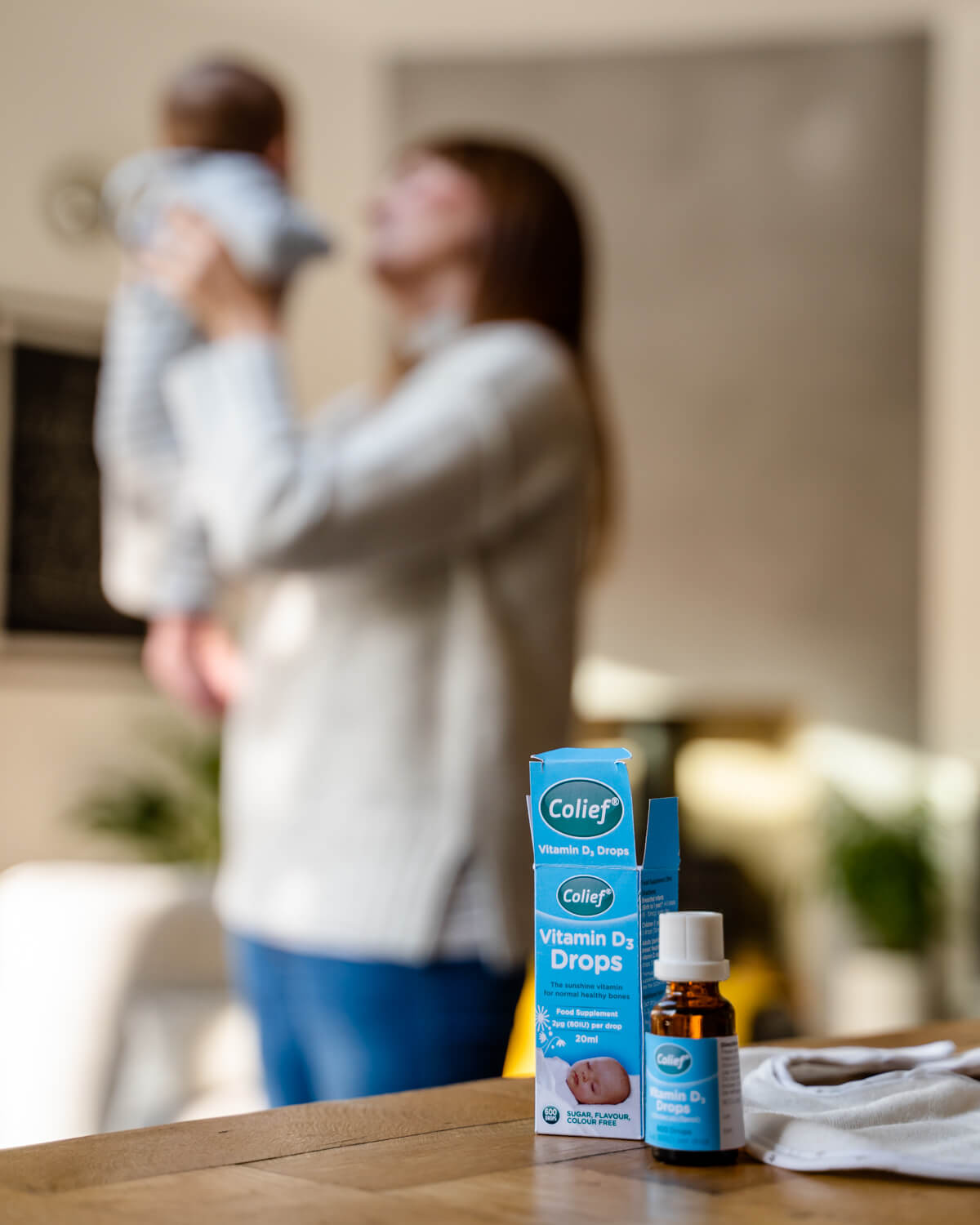Vitamin C deficiency is relatively rare in developed countries due to the availability of fresh produce and the addition of vitamin C to certain foods and supplements. Persistent lack of vitamin C in your diet can lead to a condition called scurvy. Symptoms of scurvy include easy bruising, easy bleeding and joint and muscle pains. Vitamin C deficiency can be treated with supplements of vitamin C and a diet rich in vitamin C.
Suitable for all the family, Colief Vitamin C Drops is a food supplement rich in vitamin C and free from yeast, gluten, corn, starch, wheat, nut, soy and dairy. Easily added to milk, juice, or tea it can be taken by children aged one year upwards. Colief Vitamin C Drops is a convenient, sugar-free daily supplement, and is produced without artificial flavours, colours, or preservatives.








